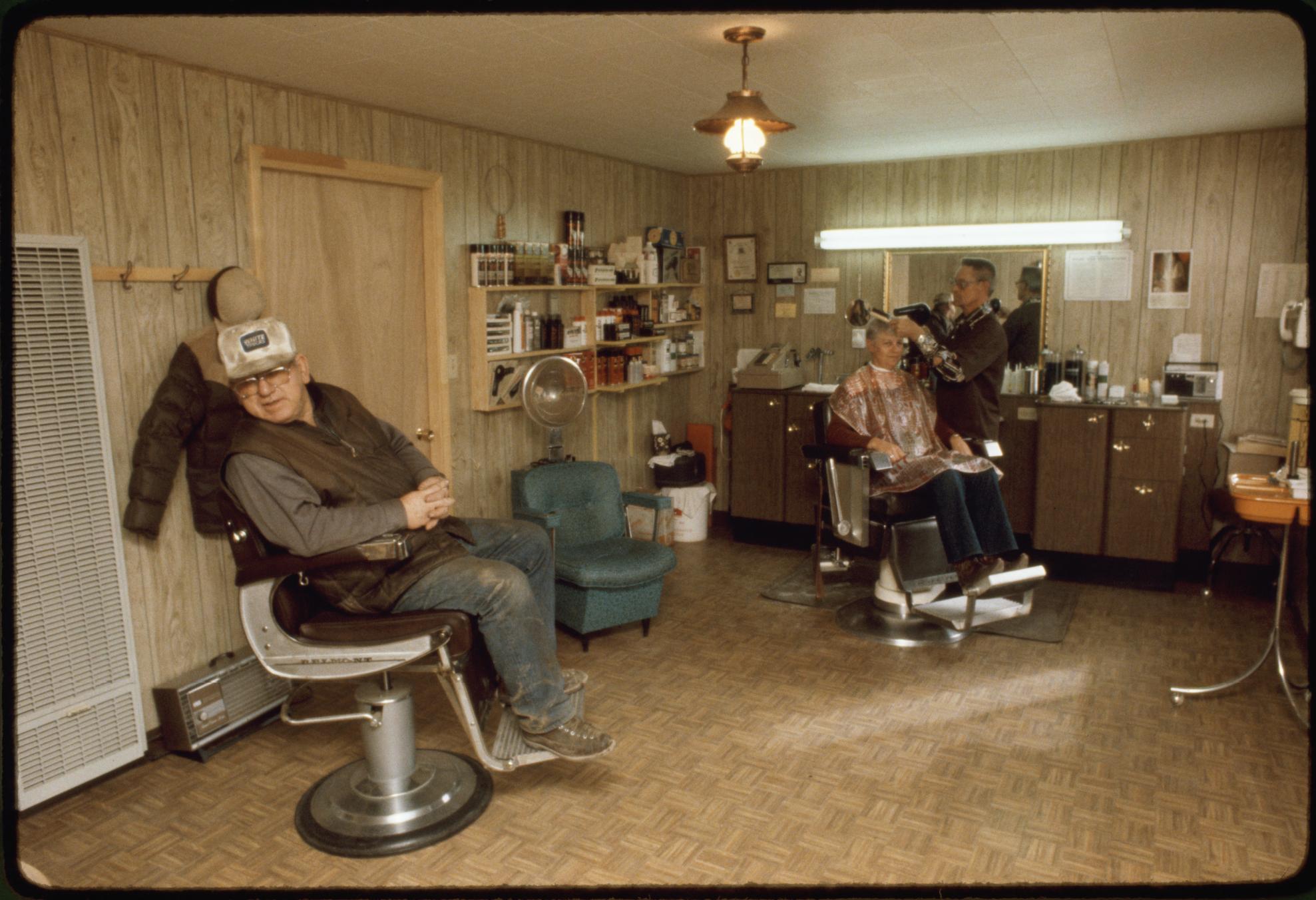A recent joint study by the University of Georgia and the Georgia Institute of Technology has determined that people living in the South are slowly losing a characteristic that once was a distinctive trait of Southern culture: the Southern drawl.
Researchers found that the change started with Generation X (those born between 1965 and 1982), the generation that grew up with MTV. Aside from “The Dukes of Hazzard,” southerners on television were largely portrayed as “Gomer Pyles” and even Texan J.R. Ewing spoke with a refined accent.
Naturally, the voices heard over media have an impact on how everyone speaks, no matter the geographic region; however, the loss of the southern drawl, to me, is no more than just another indication of how overall Southern culture has changed over time.
Long before the REM song, “Losing My Religion,” people in the South began losing religion. According to the Pew Research Center, only 53% of Americans identify as a Protestant Christians and the magazine, Facing South, released a report stating that all Southern states are facing a sharp decline in those who report to attend church more than once a month.
The Facing South study found that, “respondents claiming ‘no religion’ grew 7% between 1990 and 2008 in Alabama, South Carolina, Texas and West Virginia.”
Just a scant 70 years ago, church and religion were an important part of daily life. Aside from weekly services, parishioners would show up for monthly “potluck” dinners, barn raisings, church socials and, of course, the annual “revival.”
Of course, every congregation had a crazy cat lady who never could figure why no one ate her potato salad at potluck.
Religious programming was all over the radio, and anyone over the age of 50 who grew up in the South will remember Michael Guido’s “A Seed From the Sower,” which ended the broadcast day for many Southern television stations.
People used to say that “things move slower in the South and their laws reflect it.”
At the time, blue laws existed throughout the South that were primarily aimed at alcohol, but the laws eventually grew to the point that almost all commerce in the South would ground to a halt on Sundays.
Women would stock-pile panty hose, because if a snag occurred on a Sunday morning, they would have hose to wear to the night church service as panty hose was forbidden to be sold on Sunday.
In fact, on Sundays throughout the South, generally speaking, one might be lucky to find a 7 – 11 store open, but that was about it. No matter what day holidays, such as Christmas and Thanksgiving fell, literally there was not a store open anywhere on that day.
So what did people do to entertain themselves on a Sunday afternoon with everything closed? Well, they “motor-vated,” that is, piled into the station wagon and drove around aimlessly and why not? Before the oil embargoes of the 1970s, gas was as cheap as tap water.
While having the same 24-hour conveniences as New York City might be nice, and the thought of everything shutting down on the Sabbath is quaint, it still made other days such as Saturdays even more fun and magical for the kids of the era.
No Saturday was complete without a trip to the hardware store and barbershop with dad or grandpa. It didn’t matter if something was needed around the house or if a haircut was due; barbershops, hair salons, hardware stores and places like Homefolks News and Records were the original WiFi hotspots before social media.
Southerners used to love to “chew the fat.” The men of the time would gather around the spittoons and argue about politics and the women would gather in the nail salon to gossip about each other.
“Did you see that dress Marge wore to the prayer meeting last Wednesday?” and “You’ll never believe what that Simmons boy has done now!” were common conversation starters.
Yes, Southerners still like to gossip, but the difference is that back-in-the-day, gossip happened face-to-face, and people didn’t hide from behind a computer screen to babble about their neighbors.
…And that is something you may not have known.
Scott Hudson is the Senior Investigative Reporter and Editorial Page Editor for The Augusta Press. Reach him at scott@theaugustapress.com











